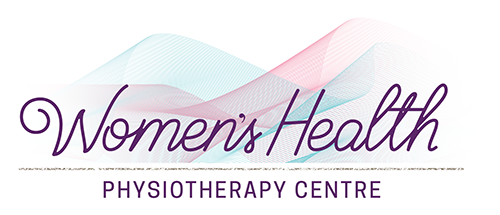
Prenatal
Pelvic health physiotherapy is a meaningful compliment to your prenatal care.
During the prenatal and postpartum stages, our bodies go through huge changes, and for some people, it’s when problems with posture, pain, and leaking begin. Changes affecting the prenatal and postnatal body significantly affect the state of the pelvic floor muscles, which contribute to pain during pregnancy. Physiotherapy, massage therapy and osteopathy can help keep you comfortable and strong during pregnancy and as you recover after delivery.
Prenatal care may include learning the correct way of performing a pelvic floor contraction or Kegel, preventing and treating incontinence, prolapse and pain; and learning ways to reduce injury to your pelvic floor during labour and delivery.
When symptoms like incontinence, pelvic pain, low back pain or pelvic organ prolapse appear during pregnancy or after giving birth, most women think and are sometimes even told it is normal and part of being a new mom. FALSE! These symptoms are signs of pelvic floor dysfunction and not something you just need to live with.
We can help!
Almost one-quarter of mothers experience either postpartum depression or an anxiety disorder in the months following birth.
Your mental health needs to be a priority during your Prenatal and postpartum journey. Councelling can be helpful while thinking about fertility, preparing for pregnancy and adjusting to life with a baby.
Did you know?
- 92% of women who leak urine at 12 weeks postpartum will still be leaking five years later? (Viktrup & Lose 2000)
- There are birthing positions that can slow down or speed up labour?
- 50% of all women who deliver a child will develop pelvic organ prolapse? (Hagen and Stark 2011)
- There are steps you can take to decrease the possibility of trauma / tears to the pelvic floor during delivery?
Consult a pelvic health physiotherapist during pregnancy if you have:
- Pain in your pubic bone, groin, back, pelvis, buttocks or legs
- Difficulties doing everyday tasks such as rolling over, walking or getting in/out of a vehicle
- Leaking urine, gas or stool when you laugh, cough, sneeze, walk, etc.
- Bulging or tenting of your abdomen when you lift your head off a pillow (diastasis recti)
- Pain with intercourse
- Vaginal varicose veins
- Questions about preparing your body for labour, delivery and postpartum
“You must know that you can do this. You are strong. You will make it. Just hang on and keep believing in yourself, always.”
— Heather A. Stillufsen
Click the following links to learn about other Common Issues:
Incontinence | Pelvic Organ Prolapse | Postpartum | Pelvic Pain | Cancer Rehabilitation
